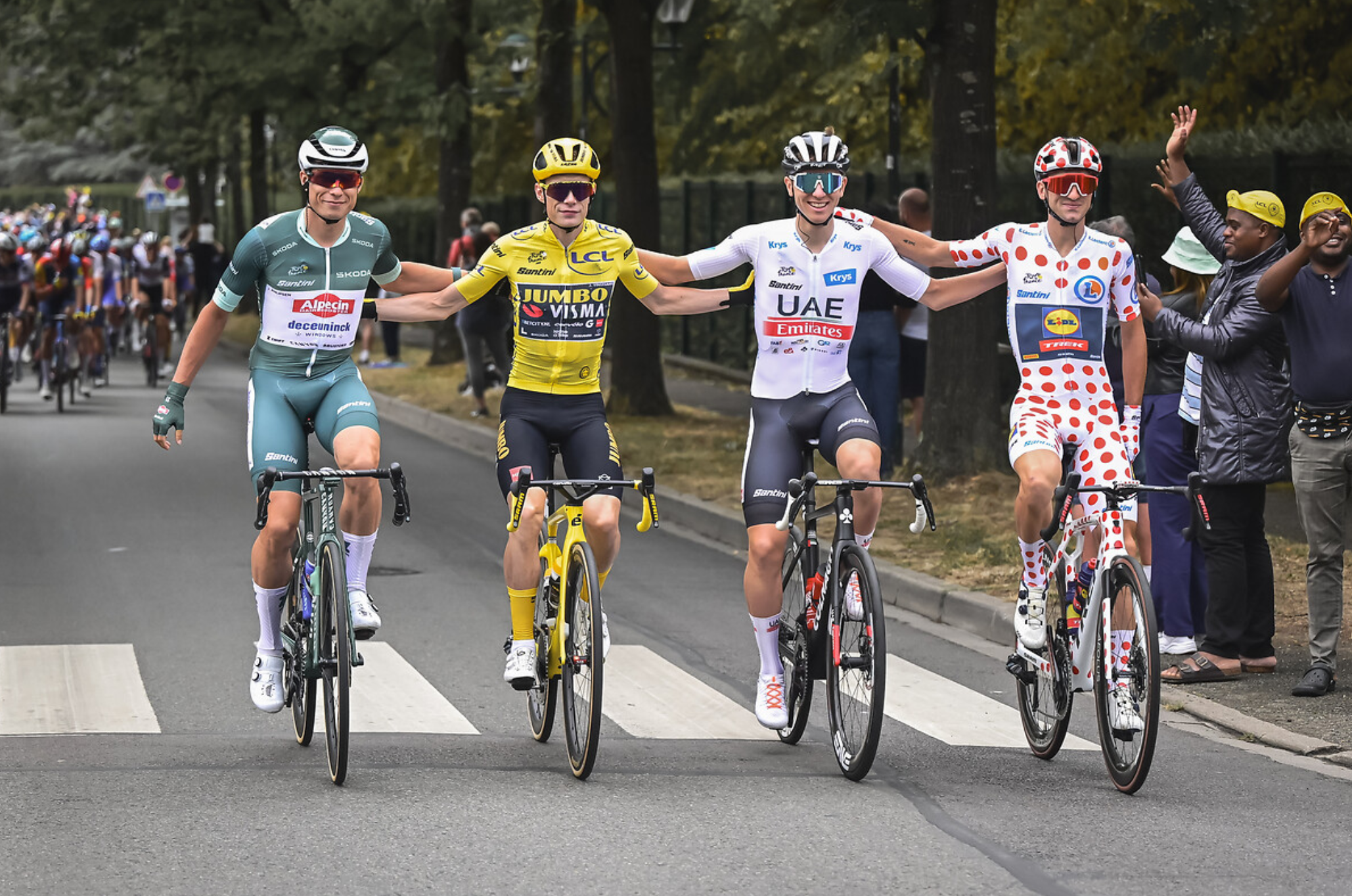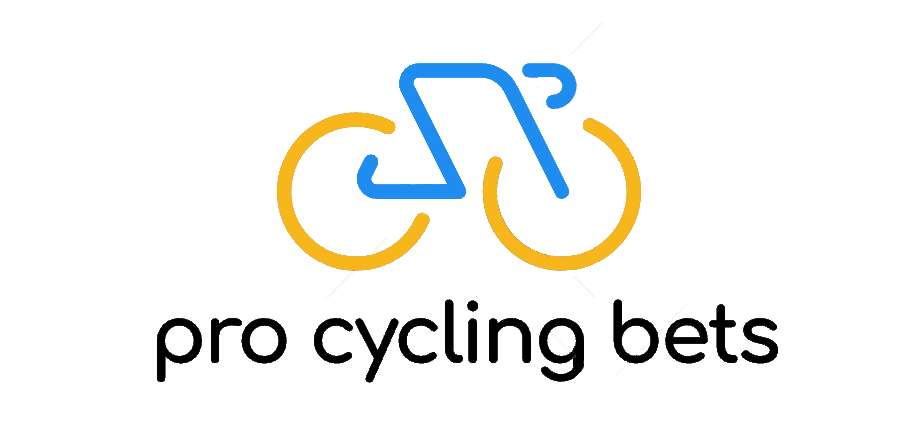Tour de France 2023 Betting Retrospective

Well. We took an L during this Tour. We were by and large up by around 5x on our initial bankroll for the year prior to the tour. But most certainly not heading out of it. What is our thesis?
The calibre of riders was incredibly high which led to an inability to reduce risk and successfully predict the outcome of most stages.
Let's dig in.
Making a World Tour team's roster of thirty riders is an achievement for most cyclists. Making the Tour de France squad of eight riders for a World Tour team from those thirty riders is another fantastic achievement. It's not easy by any means and you have to be at the top of your game as a professional cyclist.
Subsequently, each and every rider in the Peloton will have their "A" race, the race they attempt to peak the most for, be the Tour de France if they have the potential to make it.
That means you really do have 176 of the best riders lined up on the start line for the Tour de France, and almost all of them in the best shape of the year.
And here lies the problem. Each and every single one of those riders could win a stage. There's no teams you can count out. There's no riders you can count out.
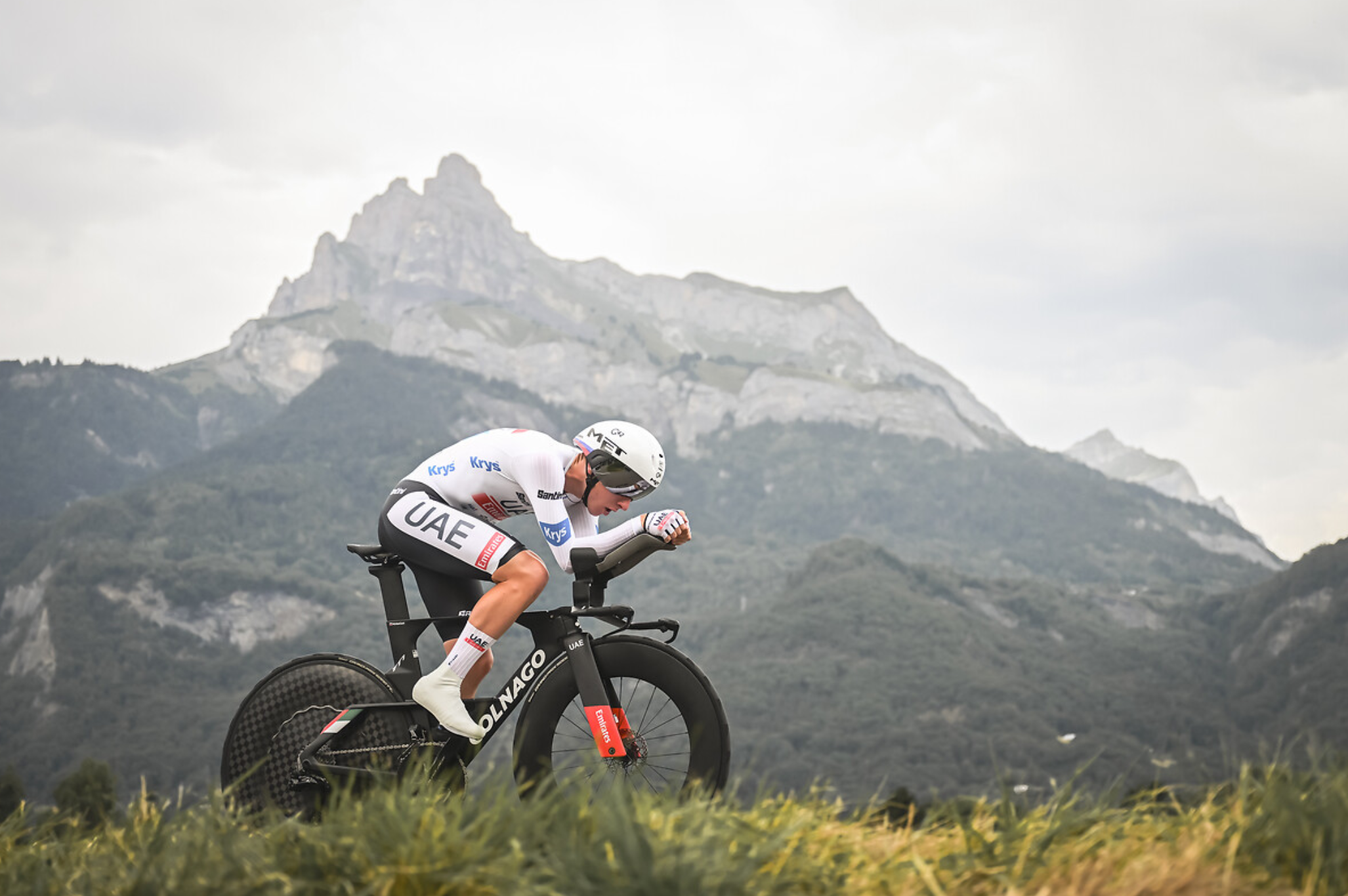
This is unlike most smaller races where you can count out almost half the teams that line up on the start line. And if you're debating between a head to head between two riders, or debating who may win from a breakaway, the answer is generally pretty obvious.
That was not the case for this Tour de France. The breaks were large, roughly fifteen to twenty riders on any day and almost any one of those riders could win from the break. You could have made fifteen to twenty bets across the entirety of those riders who would make the break - but that is unsustainable for a twenty one day event.
Especially since while the break did form almost every day, the general classification (GC) action was so close that there was a high chance that the break would be brought back to satisfy the needs of those GC contenders. So now you were left with also potentially having to cover bets for GC action.
The good thing that came out of this? It was a damn exciting Tour. The announcers didn't know what was going to happen each day, the pundits didn't know, and we didn't either.
The Media
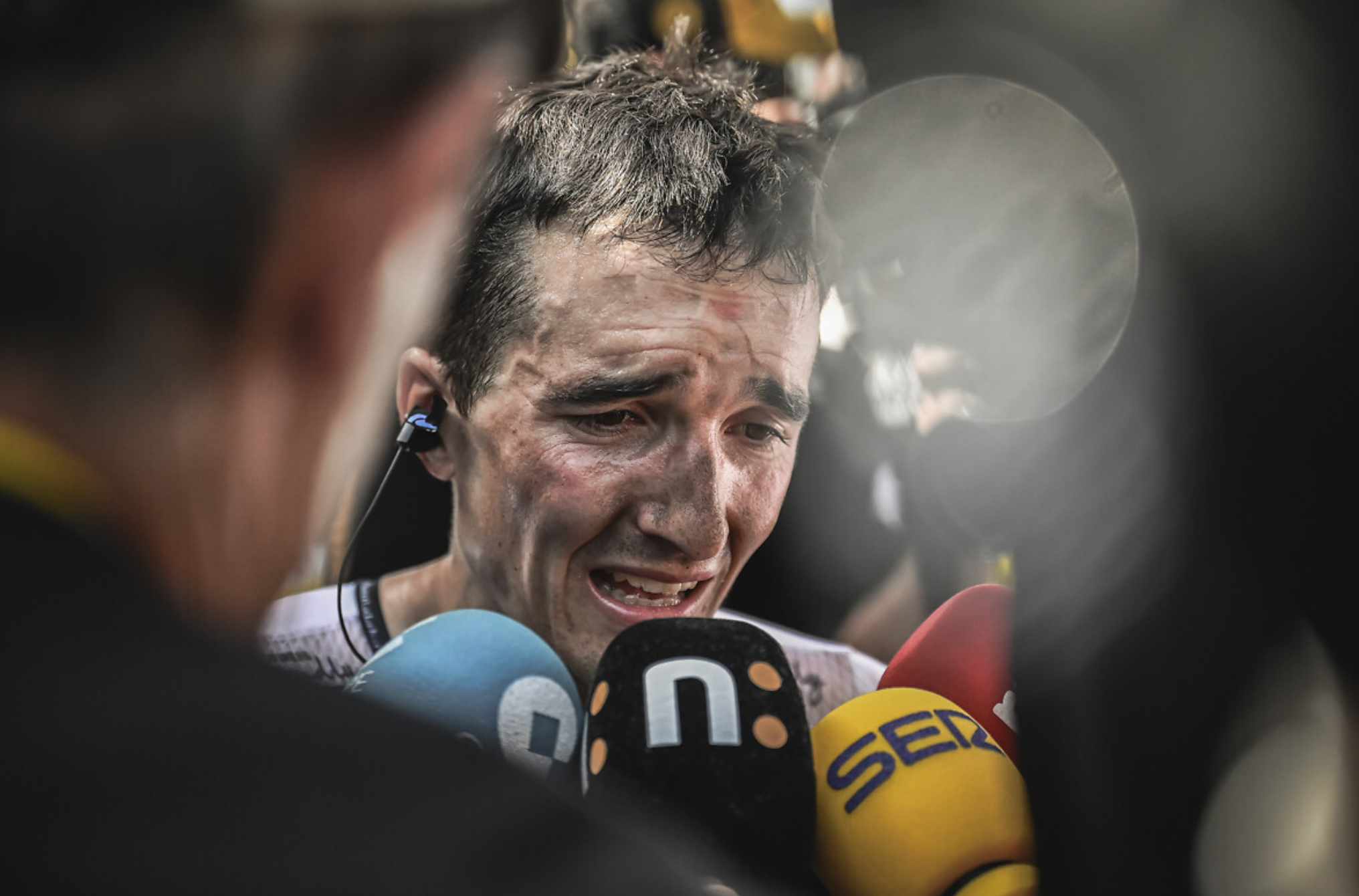
The odd lines were also much tighter and true to form. There was less value to be found given the sheer amount of media attention surrounding the event. Any insider knowledge we could gain was sparse and didn't give us the upper hand that typically we can leverage for the smaller races.
It's similar to the NFL where there's simply so much media around the sport that it's hard to gain that edge, that mis-priced line, given that even a sneeze on a sideline by a prominent quarterback is discussed and debated as a potential for them being sick.
Too-ur Long Bets
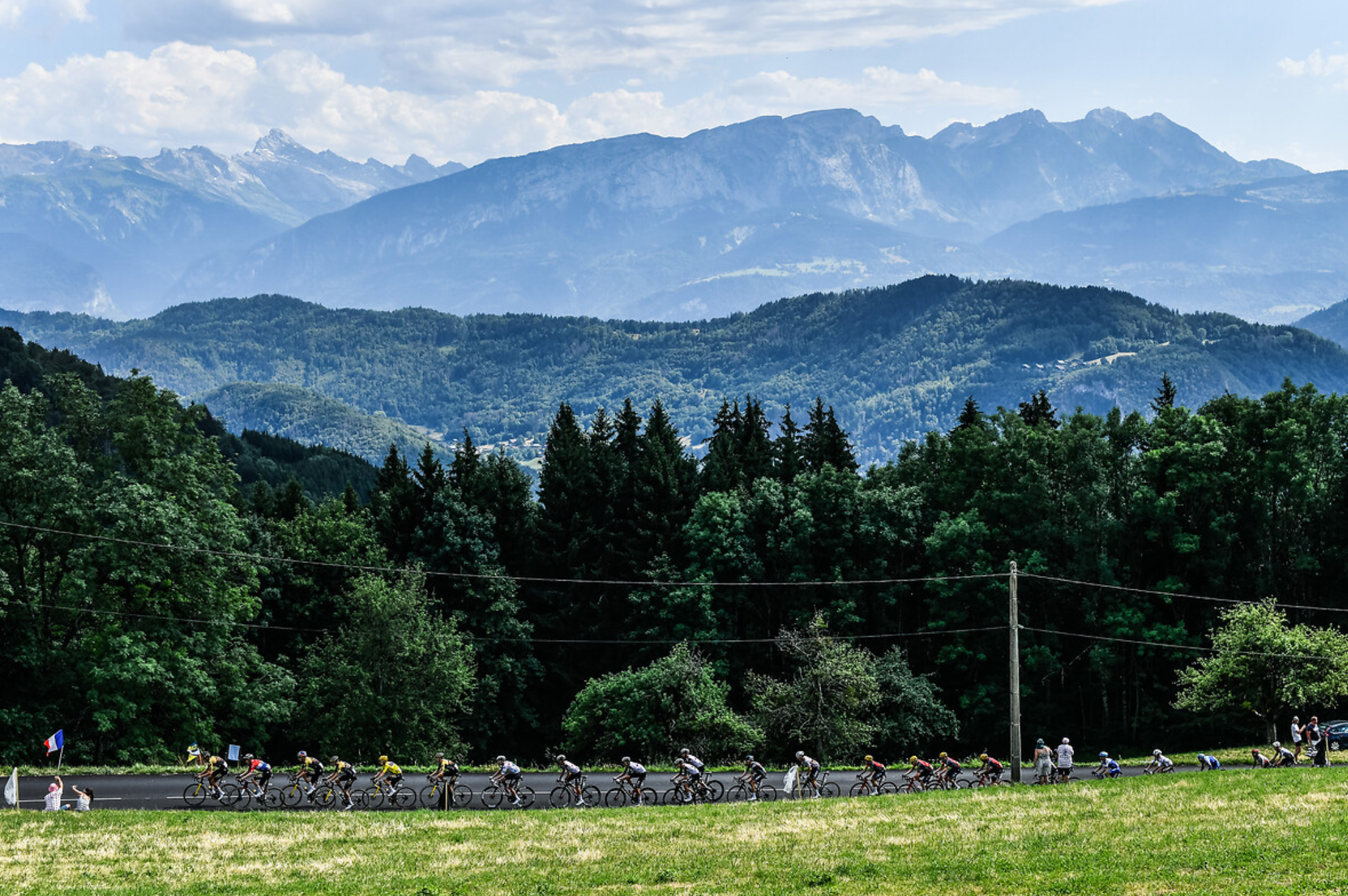
Moving forward we'll likely stay away from placing overall bets on the King of the Mountain (KOM) and Points classification. They lock our money up for too long and the odds are too short. It also messes with the betting houses correlated events system and often doesn't allow us to parlay rider head to heads. Which is where we make most of our money.
Our friends who run a betting house have various rules about correlated events. For example you couldn't parlay (double for our British audience) a stage winner and tour winner.
If we do decide to pay in, we'll do so after the first week. No one rider has ever held the KOM jersey from the start to finish of the Tour. The minor loss of better odds you can get betting a potential winner prior to action kicking off isn't worth it in our opinion. Given that one of cycling's largest variables is figuring out the intention of a team and rider, it's well worth waiting a week before placing your KOM or Points classification bet.
In this year's edition the only reason why Ciccone was able to claim KOM, in our opinion, was the race stayed close between Pogačar and Vingegaard up until stage 17 and so no one needed to attempt any grandiose attacks early on in stages from the general classification. If they had, they would have mopped up the KOM points.
And then when it wasn't close after stage 16, there was only one real KOM stage left for points on offer and Ciccone could play it relatively well given that Gall wasn't going to attempt to fight him for it and Vingegaard wanted to play it safe.
Consistent Picking
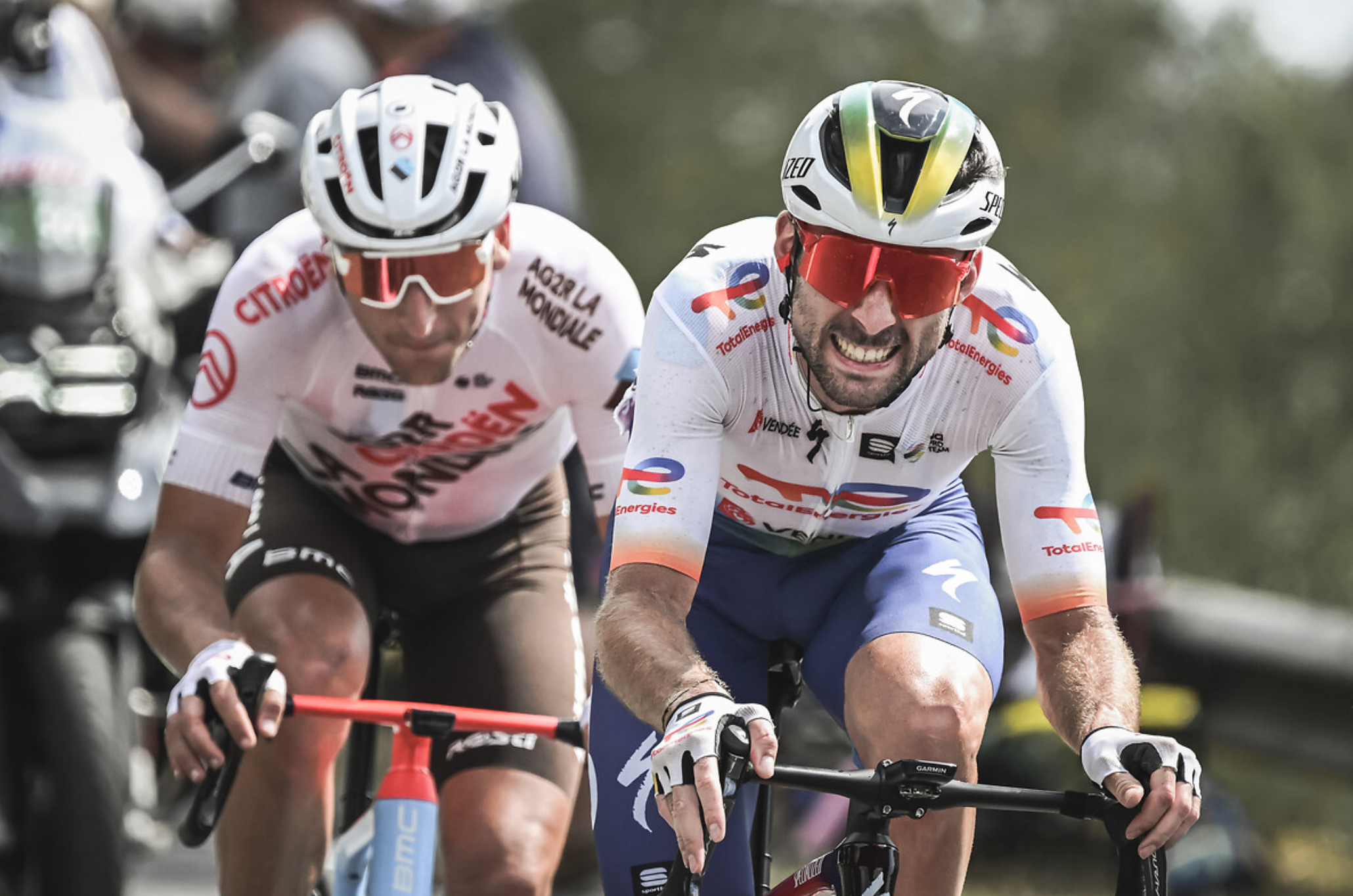
None of us is perfect, and neither were we. We went in with the mindset of picking roughly the same set of riders everyday given at least a few of the set of riders would consistently make the break everyday.
But we just weren't consistent enough. We had Mohorič seven days leading up to his win on stage 19 and simply didn't bet him that day because we were tired of losing and he was short relative to his other days.
And those we stayed tried and true to, like Krist Neilands, we stayed tried and true to even after his crash on stage 17 that most likely left him worse for wear. We fell prey to the sunk cost fallacy on that one.
To be fair though it's hard to strike a balance between being consistent and trusting the process and knowing when to pull the plug. It's a fun aspect that we'll try and generate some heuristics around.
The Sprinters
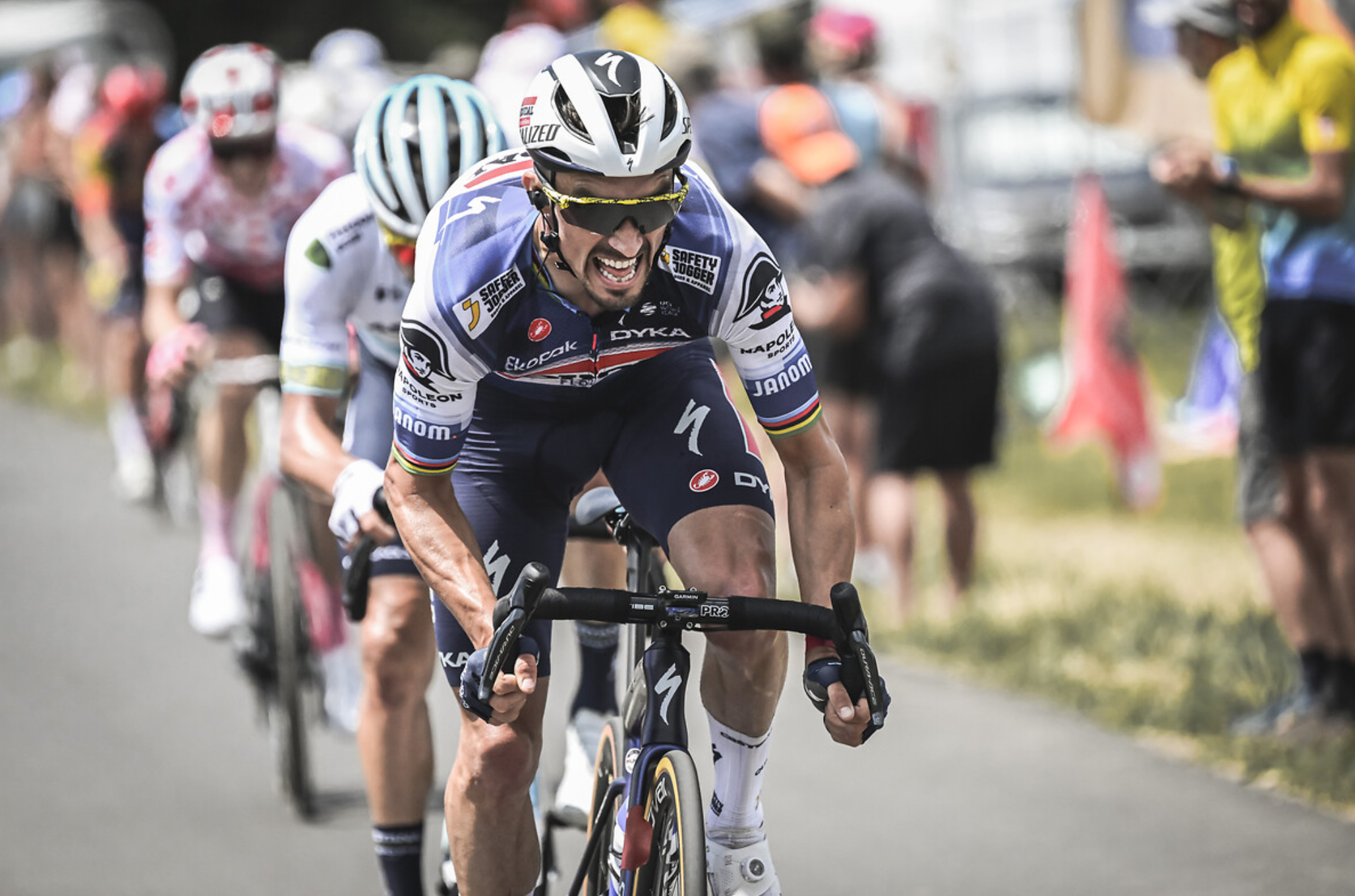
We were consistent in our sprinter picks. Which we were happy with. But while we consistently bet riders like Mozzatto and Kristoff it just never paid off despite a fourth (Mozzatto was 301 that day too) and fifth place.
Philipsen without a doubt had the best lead out train at the tour. There just wasn't a huge number of teams that hadn't tried to split between a GC candidate and a sprinter which left them a leg down on having a strong train to be able to compete against the likes of Philipsen with MVDP leading him out. Especially when Cavendish crashed out.
And despite us knowing that Philipsen was truly by and large the best sprinter we never took him because we wanted to stay true to our value odds nature and also because at the odds he was at you'd still lose money on an each way bet if he placed second or third.
We would have been better off going heavy for an each way each time and taking the minor overall loss on the odd day he placed second or third. The problem was, in this Tour, you honestly didn't know if a "nailed on" sprint stage was actually going to end up being a "nailed on" sprint stage. So going heavy was risky.
We Got Greedy
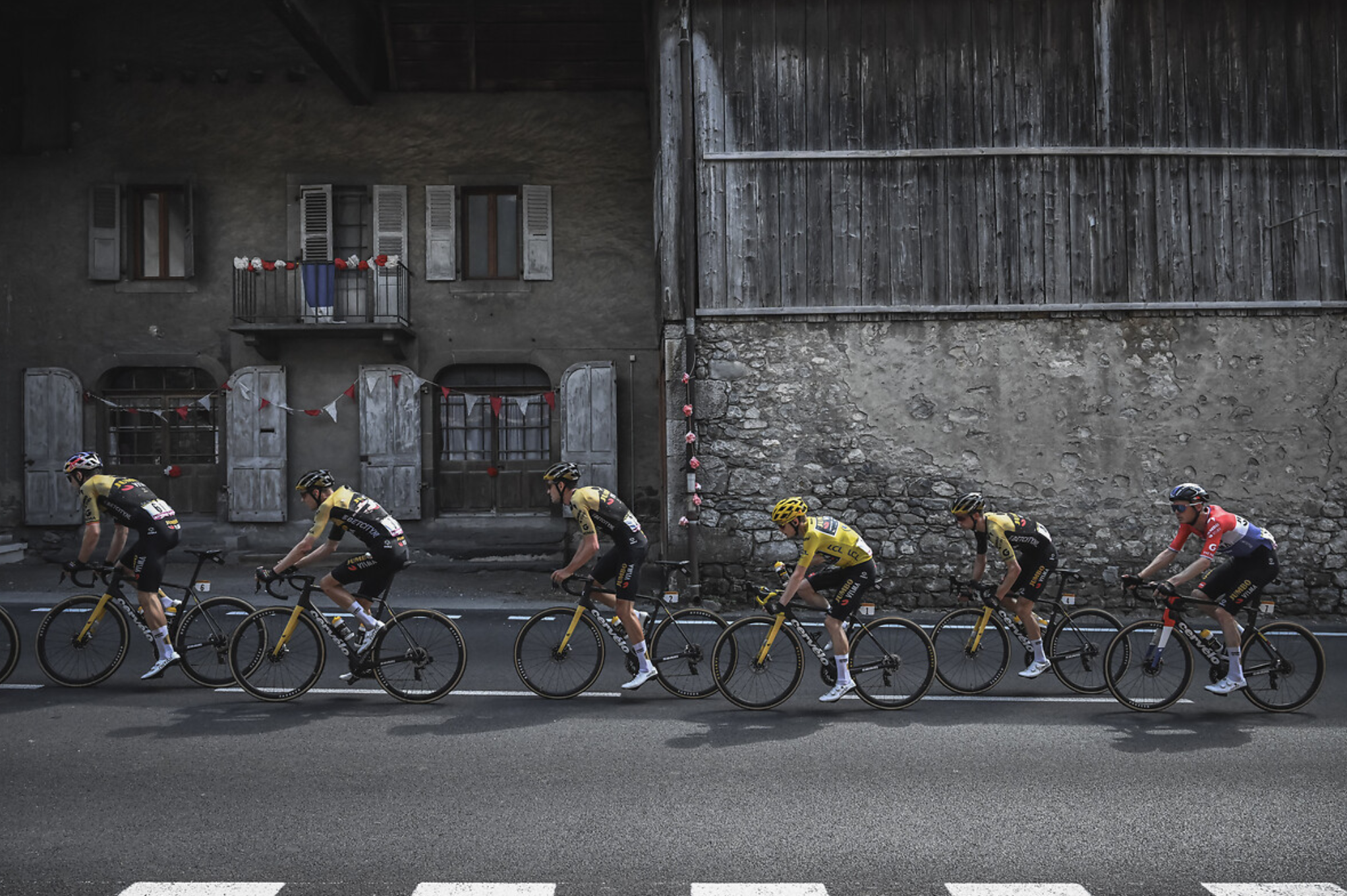
Our final takeaway was that we got greedy with our ability to find value in the smaller races throughout the year. We've had some incredible wins and we were unwilling to give that up. While we often recommend to look for odds 15.00 and above, if we're being honest, we were really looking for odds 40.00 and above given how successful we generally were with them in the past.
But as we mentioned earlier, there wasn't an information scarcity at this tour, and the odds were tighter to actual potential results. There was less room for upsets. We should have realized that and accepted more rationale potential payouts, and overall a less ROI on the bankroll for the Tour.
Or we could just have sat on the sidelines for this Tour de France and simply watched the spectacle itself. Because it was most certainly was a spectacle.
But nah that doesn't sounds like us. 🙃
Take stage twenty. We were emotionally cheering for Pinot to win in his local area before he retired - especially after his epic attack on the penultimate climb.
But we also didn't mind if he didn't win given we have some heavy leverage on Gall in the group behind that was swiftly catching him. We won both ways that day.
Onwards friends 💸
PS. If you have any stories you want to share about your betting highlights or lowlights we'll be creating a new section for reader's stories on the site - just email [email protected]. We'd love to hear from you.
Also if you want a t-shirt, feel free to reach out to [email protected] who handles the podcast/video/merchandising aspect. They'll be making another order mid August 2023.
